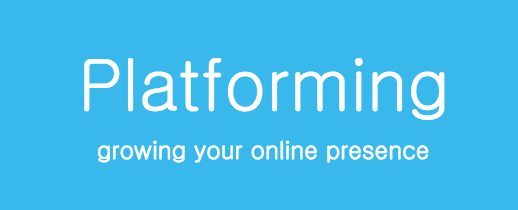
Your First Step to Expand Your Author Platform: Develop a Community Built Upon Service
Our author platform will never grow until we reach beyond our circle of family-and-friends to those in our target…
November 12, 2024
Our author platform will never grow until we reach beyond our circle of family-and-friends to those in our target…
November 12, 2024
Authors need to grow their platform. Authors want to sell books. One thing the marketing experts usually agree on…
September 24, 2023
You hear it at every writers’ conference—Platform Is Important! Long before you have a book published, you need to…
August 24, 2022
Creating a brand that lasts can be a bit of an intimidating process. As a writer/author, you want to…
September 18, 2021
One of the biggest fears of mine and a lot of people with disabilities is that our voices no…
August 29, 2021
At some point in your writing career you’ll probably step on a stage and be expected to speak. It…
June 18, 2021
Have you lever listened to Simon Sinek’s TEDx Talk, Start With Why? If not, I’d highly recommend you do.…
April 18, 2021
Raise your hand if you’re a writer on Twitter! Same. Twitter is a great place for building that writing…
March 18, 2021
When it comes to building a platform, numbers fly around conversations like flies on leftovers. Some may say you…
January 18, 2021
In 2020, social media is a vital part of our lives. We use it to communicate, to share stories,…
July 31, 2020
When building a writer platform, few of us consider hiring a virtual assistant, or VA. Most of us are…
September 3, 2016
Smart writers invest in workshops, courses, and conferences. Smart and savvy writers will also invest time in building their…
May 16, 2016
One of the four must-have features of a website is the About page, but it’s overlooked by many writers. It…
November 21, 2015
One of the cornerstones of an author’s platform is a personal website or blog. (Because these terms are used…
October 5, 2015
Do you need a website as an author? Let’s think about this for just a moment. In this day…
August 3, 2015